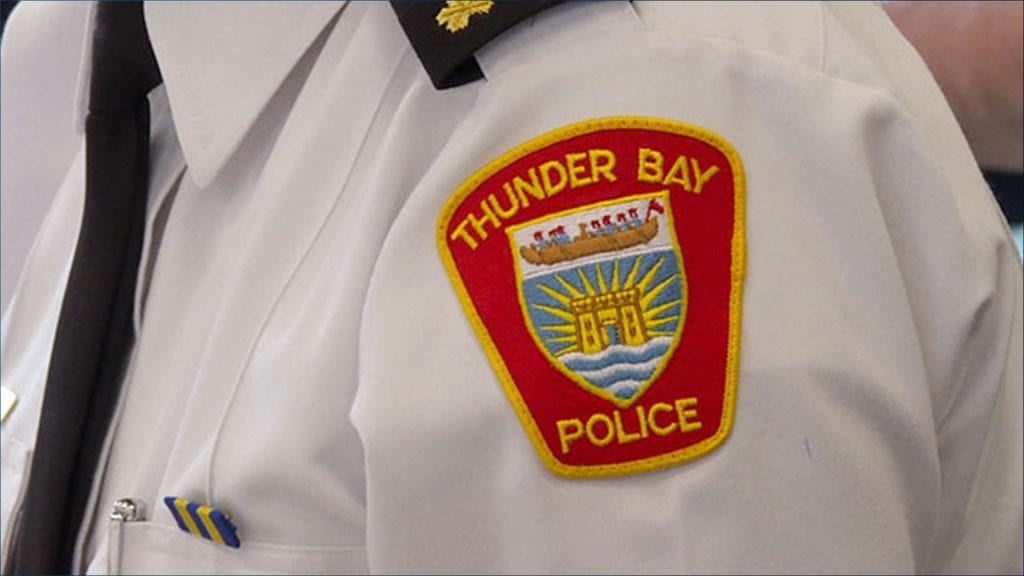
A deep review of sudden deaths in Thunder Bay dating back more than two decades has uncovered 14 deaths of Indigenous people that need to be reinvestigated, according to a confidential report obtained by APTN.
Two additional deaths were also flagged: a missing persons death and drug death investigation for coroner review, but not specifically for further police investigation.
The deaths were identified by a team of investigators tasked with poring over hundreds of sudden deaths since 2000 in Thunder Bay, as part of the report Broken Trust, written by the Office of the Independent Police Review Director in 2018.
That report looked into the deaths of nine Indigenous people and found a litany of errors by Thunder Bay police sparking new investigations into each of those, which are all ongoing.
But the Broken Trust report also called on a special group of investigators to look for more deaths not handled properly by Thunder Bay police.
The results of that work were submitted to the Thunder Bay police services board last week and recommendations found in the report were provided to what’s known as the “Executive Governance Committee” made up of the grand chief of Nishnawbe Aski Nation, Thunder Bay police chief, Ontario chief coroner, chief forensic pathologist and others.
They are calling on all 14 cases to be reinvestigated by police.
The ages of the deceased were between two months old and 61 years old.
Most of the deaths reviewed by “blended investigation team” (BIT) focused mainly on the years 2010-2017.
“It appears that in Thunder Bay there are a higher number of sudden deaths and/or homicides where the decedents are Indigenous, as well as a large volume of Indigenous decedents where the manner of death is accidental or undetermined,” BIT found.
Of the 14 cases, investigators found missing documentation/incomplete police investigations that lacked consistency, as well as accuracy in the manner of death classifications.
Background checks on deceased people were lacking, there were no major case management on the more complex investigations and it “appears a concerning number of sudden death investigations that remain open, manner of deaths unresolved, lack of medical documentation and cause of death.”
The investigative team also found issues with the coroners office, including cases in which coroners did not attend scenes and didn’t order postmortem examinations to determine the cause of death.
“Appears that coroners and investigators are making premature comments on no foul play and releasing scenes before a post-mortem exam is complete in some suspicious death investigations,” the investigators found.
In some cases, the coroner didn’t appear to forward post mortem reports that were done, including toxicology, to Thunder Bay police.
“It is advised that the cases identified in this report are secured and preserved by (Thunder Bay police) pending further direction by the EGC or the OIPRD on further investigation,” BIT recommended in the report.
BIT members also confirmed in the report that there are 25 unsolved cases of MMIWG with Thunder Bay police.
“Some of these MMIWG cases predate 2000 and have remained open and unresolved for over 20 years.
The BIT has not reviewed the 25 unresolved MMIWG cases and would like to bring these cases to the EGC in consideration for review.”
Lawyer Julian Falconer, who represents the family of the late Stacy Debungee whose death first triggered reviews into Thunder Bay police, said the police service needs to be disbanded.
“Each time we peel away a layer, we see deeper rot. If these were the deaths of white folks, if the families affected were non-Indigenous families, would the Thunder Bay police service even exist today?” said Falconer.
“Only in the circumstances of Indigenous people would this ever be accepted in this country. It’s extremely discouraging and demoralizing and how this police service manages to stay in business one more day is totally beyond me.”











